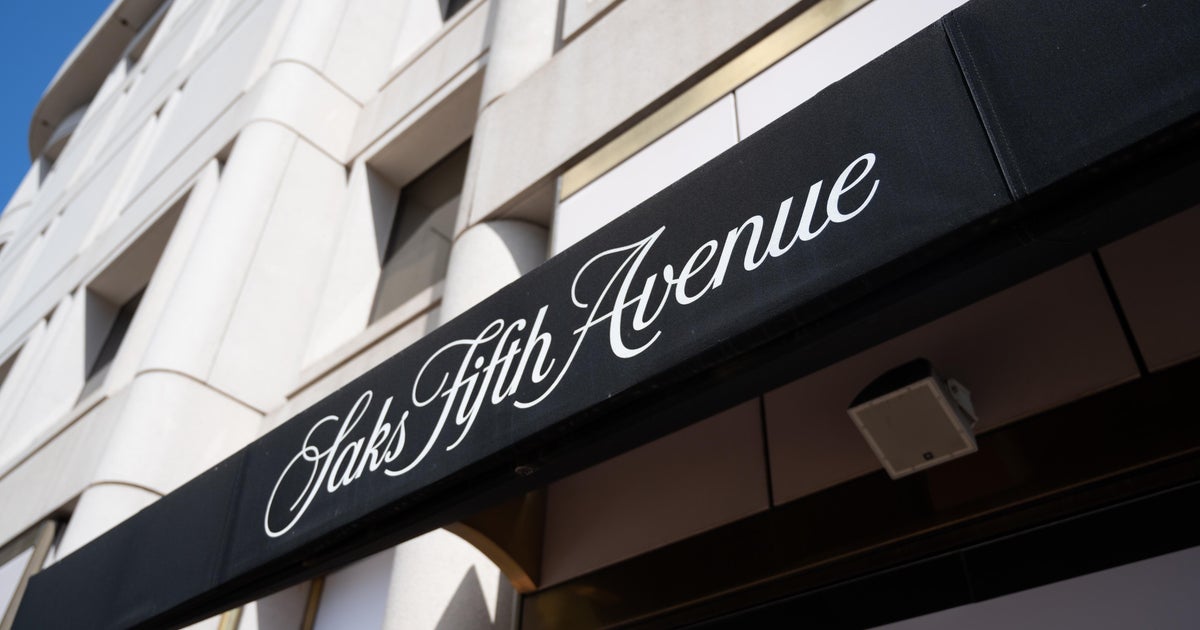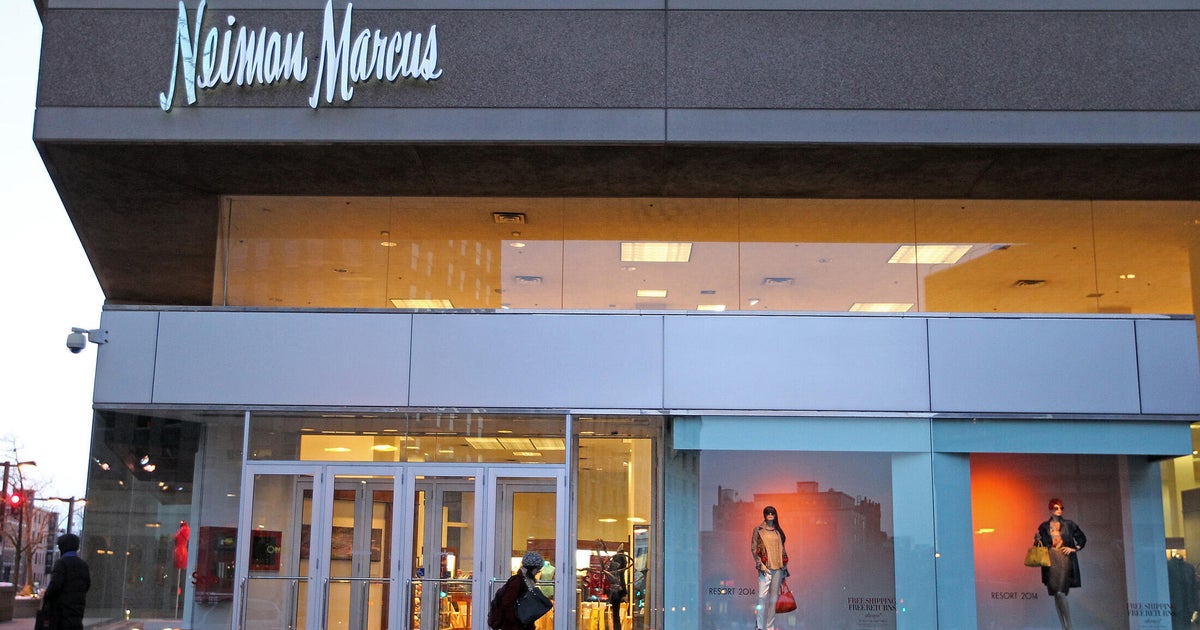SoulCycle is closing 20 stores across the nation
The high-intensity indoor cycling trend is perhaps falling out of favor as SoulCycle plans to close 20 locations across the U.S. and Peloton recently announced it is laying off nearly 800 workers.
Most of the SoulCycle closings will be in New York, but locations in California, Massachusetts, Illinois, Florida, Georgia and Washington state will also be shuttered, the company confirmed. After the closings, SoulCycle will have roughly 65 remaining locations across the U.S., Canada, and the U.K.
SoulCycle said it's closing certain locations because some customers' cycling behaviors have shifted. Some people are cycling at home now and won't be returning to in-person sessions while others during the coronavirus pandemic have moving away from a nearby SoulCycle location.
"Some of these shifts have been based on geography and therefore we are naturally reevaluating our portfolio of studios to assess whether there is an opportunity to right-size in certain markets," a SoulCycle spokesperson told CBS MoneyWatch. "This will allow us to continue to provide riders with the SoulCycle experience they know and love."
SoulCycle is owned by New York-based Equinox Group. The privately held fitness company is looking to raise millions of dollars in an effort to go public, the Wall Street Journal reported in March.
A shrinking physical footprint is also on the horizon at Peloton.
Once the fitness darling of the pandemic, Peloton has shed more than 3,500 workers so far this year. The company said last week that it's cutting 784 jobs. That represents the second round of layoffs this year, with Peloton cutting about 2,800 workers in February.
In a memo from CEO Barry McCarthy to employees, he said that the layoffs are necessary "if Peloton is ever going to become cash flow positive."
"These are hard choices because we are impacting people's lives," McCarthy wrote. But, he added, "We simply must become self-sustaining on a cash flow basis."
Peloton will also close an unknown number of stores across North America. McCarthy described the decision as "a significant and aggressive reduction of Peloton's retail footprint," although he didn't say when those closings would happen.
Peloton also finds itself facing a class-action lawsuit from customers who allege the company falsely advertised an "ever-growing" library of classes while actually eliminating classes behind the scenes.
A federal judge in New York denied Peloton's motion to dismiss the case last week.



